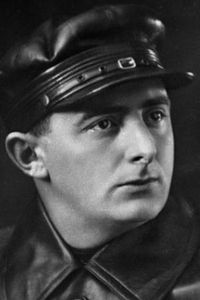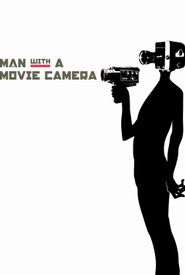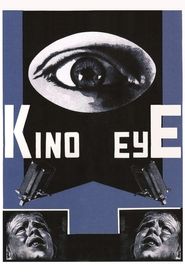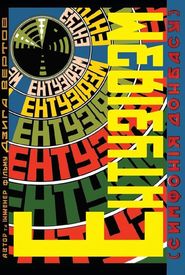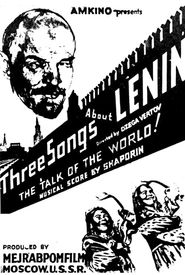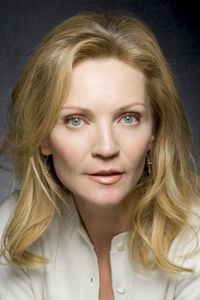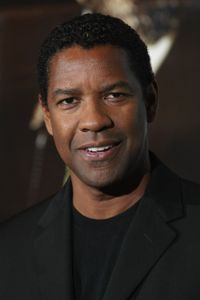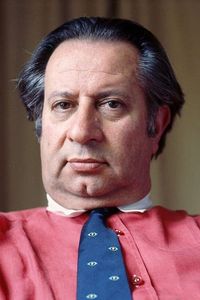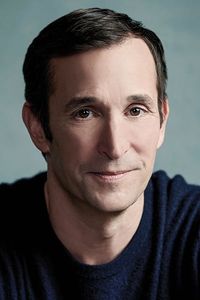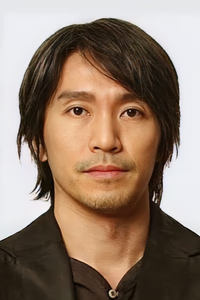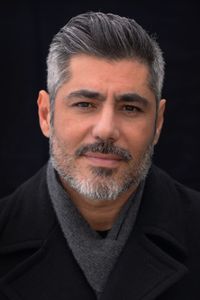David Abelevich Kaufman, better known as Dziga Vertov, was a trailblazing Soviet filmmaker, newsreel director, and cinema theorist whose innovative practices and theories profoundly impacted the documentary film genre.
As a pioneer in documentary filmmaking, Vertov's unique approach to capturing reality on film laid the groundwork for the cinéma vérité style, which emphasizes authenticity and immediacy. His influence extended to the Dziga Vertov Group, a radical film cooperative that operated from 1968 to 1972, and inspired numerous filmmakers and directors.
In 1960, French filmmaker Jean Rouch drew inspiration from Vertov's filming theories when creating Chronicle of a Summer, and his partner Edgar Morin coined the term "Cinéma vérité" to describe the style, directly translating Vertov's KinoPravda.
The Free Cinema movement in the UK during the 1950s, Direct Cinema in North America during the late 1950s and early 1960s, and the Candid Eye series in Canada during the 1950s all owed a debt to Vertov's innovative approach.
In a 2012 Sight & Sound poll, critics voted Vertov's Man with a Movie Camera (1929) the 8th best film ever made, a testament to the enduring influence of this visionary filmmaker.
